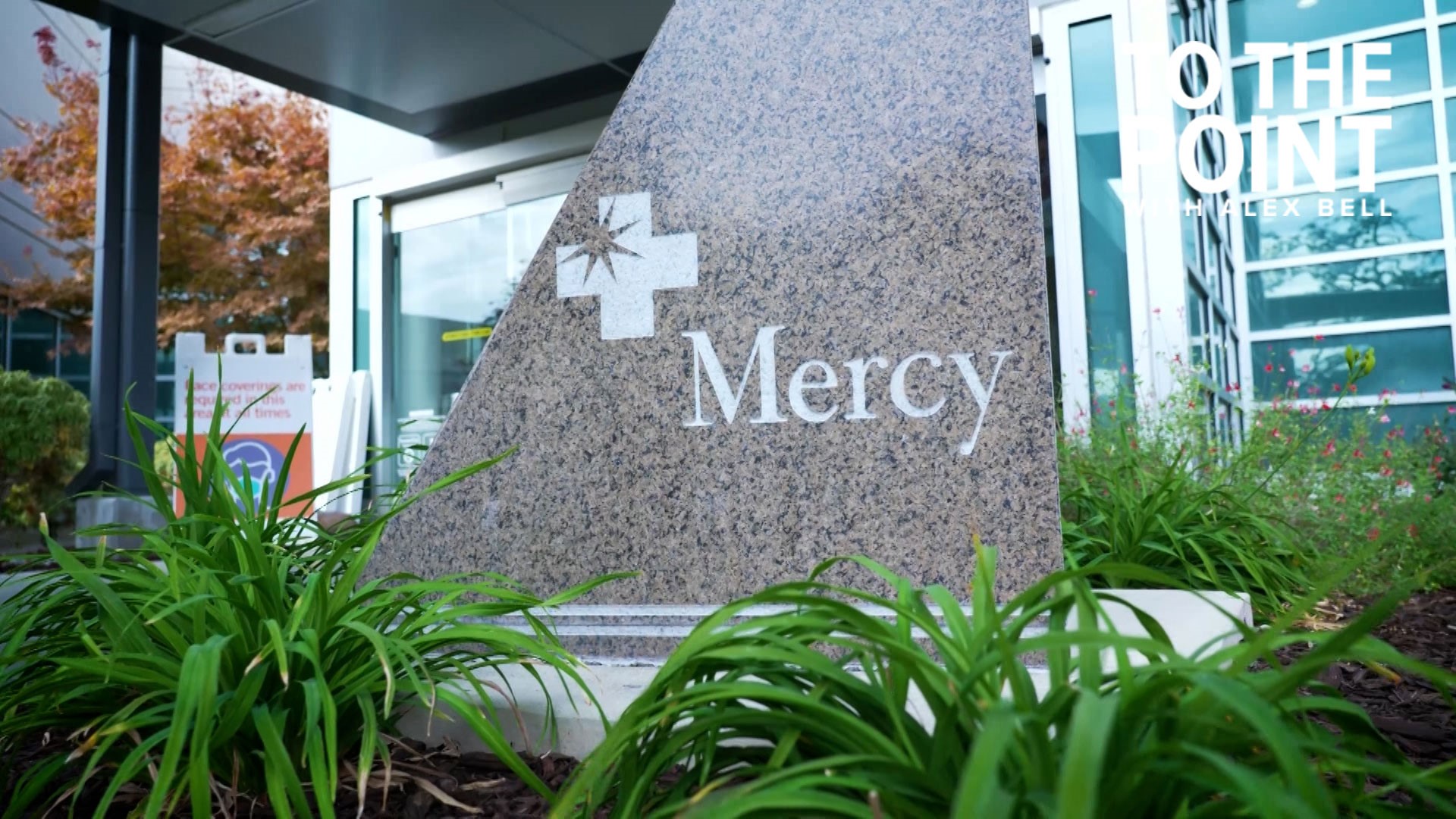SACRAMENTO, Calif. — May is "Mental Health Awareness Month" and having access to the right care is critical.
Staff at Dignity Health's Mercy San Juan Medical Center say their emergency department has been filled with people experiencing mental health crises and as a solution to the increase, they are opening more space to those in need.
Mercy San Juan Medical Center President Michael Korpiel says on average the hospital sees 210 patients a day.
He said before creating their Crisis Stabilization Unit, the only place people could come for help was the emergency room for mental health issues.
"We didn't really do a good job of handling patients and managing patients who came in with a mental health crisis," said Korpiel. "So it really put pressure on emergency rooms like Mercy San Juan that are level two trauma centers."
Dignity Health, which operates Mercy San Juan Medical Center, said many of the issues come down to not having resources readily available.
"I think a lot of it is not understanding it fully," said Celeste Sweitzer, director of Behavioral Health at Dignity Health. "We should be able to treat them just as a medical emergency when they come into the hospital."
This is a sentiment that Nicole Garces-Barrella, Behavioral Health program manager with Dignity Health, echoes.
"Medical needs trump behavioral health needs in terms of room space and equipment," said Garces-Barrella. "The hospital recognizes this is an issue (and) we have to find a way to address."
The medical center in Carmichael first opened its Crisis Stabilization Unit — or CSU — in 2019 before the COVID-19 pandemic.
Since then, Garces-Barrella said the need for services has only grown.
"We are seeing an influx every year numbers have gone up," she said. "We transfer them over here (because) this is where all of our experts in mental health are. We have psychiatrists, social workers, mental health nurses and peer support specialists, all who can really work directly with the client to see what their needs are and develop a safe treatment plan for them."
Dr. Sokolov, CSU’s medical director, said most people they treat and assess are able to be stabilized and discharged within 24 hours of seeking care.
According to medical professionals with the CSU, the average time for patients to get care has gone from 33 hours to 3.9 hours.
"The CSU is a calming, healing, comfortable environment... to me, that's what we need and I'm very happy to be a part of it," said Sweitzer. "Way back in the day, it was giving someone a sheet of paper with numbers on it (and say), 'Hey, follow up with this clinic' or 'follow up with this.' Nowadays, we're doing a lot more of warm handoffs, where we're setting people up with appointments with a counselor or a psychiatrist before they leave."



















